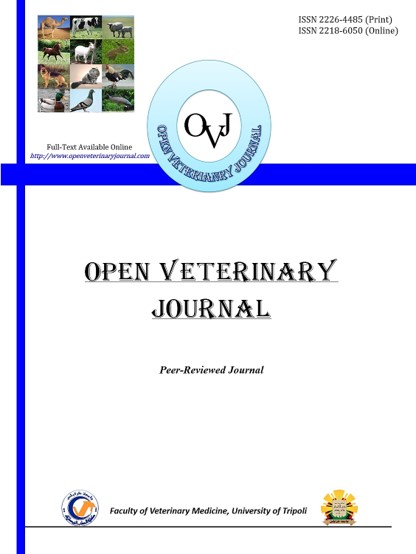Palm oil businesses affect livelihoods and the environment, particularly forests, with land-use change and climate change impacts. This research aimed to develop a model for understanding the influences of global trade and political economy factors on palm oil sustainability and livelihoods in Indonesia. It combined systematic review with structural equation modelling through a model called POPETS (Palm Oil Political Economy and Trade Structural equation model). The study revealed that palm oil sustainability is defined by employment opportunities and no deforestation, while livelihoods are defined by household income. Trade and political economy factors (structures, institutions and actors) significantly influence the sustainability of palm oil. Trade has indirect effects on sustainability and livelihoods, while actors have a direct effect on sustainability. There is also a positive correlation between sustainability and livelihoods. These findings suggest the importance of synergizing global trade effects and national government roles to advance palm oil sustainability in the producing countries.
Download:
DOI:
https://doi.org/10.1505/146554823838028210
Altmetric score:
Dimensions Citation Count:

Publication year
2024
Authors
Purnomo, H.; Kusumadewi, S.D.; Ilham, Q.P.; Kartikasara, H.N.; Okarda, B.; Dermawan, A.; Puspitaloka, D.; Kartodihardjo, H.; Kharisma, R.; Brady, M.A.
Language
English
Keywords
oil palms, sustainability, socioeconomics, livelihoods, systematic reviews, trade, national planning, governance
Geographic
Indonesia
























